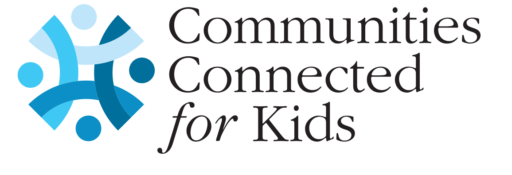Every Child Deserves to Keep the Meaningful Connections They Have with Their Relatives
May 26, 2022
The following is a message from Aysha E. Schomburg, associate commissioner of the Child's Bureau, an office of the federal Office of the Administration for Children & Families. The article originally ran in a bulletin published May 24, 2020, by the Child Welfare Information Gateway in recognition of National Foster Care Appreciation Month.
This National Foster Care Month, the Children's Bureau is focusing on these connections and the important role kinship care has in the foster care system. Our theme this year, Relative and Kin Connections: Keeping Families Strong, speaks to the positive impact relative and fictive kin have during the journey to permanency.
Families are more than experts on their own lives, they are a source of stability and comfort. However, when a child cannot safely stay with their parents, kinship care must be the first path we take.
As foster care is a support to families, children should stay with family when possible. In many cultures, the "village" approach has been a longstanding value, and extended family is important to the development of children who feel surrounded by love and the continuation of cultural traditions.
Whether formally through child welfare or informally through family arrangements, kinship care maintains bonds and reduces trauma. These bonds help children and youth develop their identity, live within their cultural roots, and foster a sense of belonging—all things that are essential to their well-being.
Children and youth in care aren't the only ones who need our support. Kinship caregivers are responding to immediate family placement needs, so it is important to ensure our support is swift, tailored, and equitable. The aunts, uncles, cousins, family friends, and grandparents who open their homes and provide a sense of normalcy need and deserve equitable support.
We must work to ensure kinship caregivers aren't held back by inequitable licensing standards. We must make sure these caregivers have concrete supports—like Federal funding through title IV-E.
Currently, there are programs across the country dedicated to supporting and raising awareness about kinship care and pertinent resources. From family finding to financial assistance, these efforts are critical for families in need, and we should be informed on what is available so that we may connect families to them.
Thank you for visiting our National Foster Care Month website. It is an extension of our efforts towards making foster care a support for families. I encourage you to take advantage of the many resources that have been highlighted here. Thank you for being a dedicated partner in the mission to keep families together.
Contact: Christina Kaiser
772.528.0362


